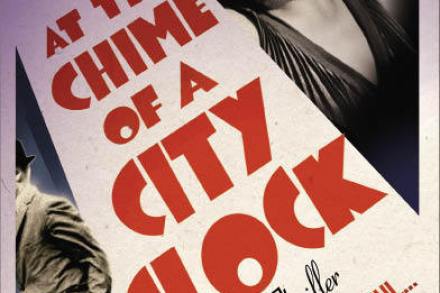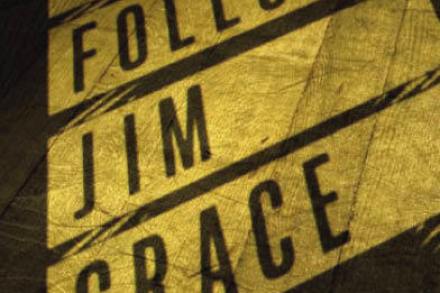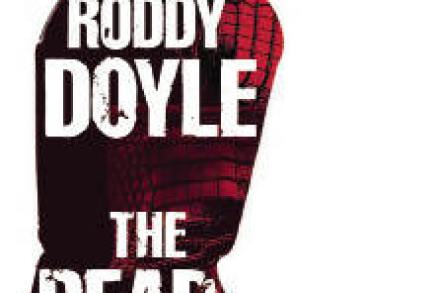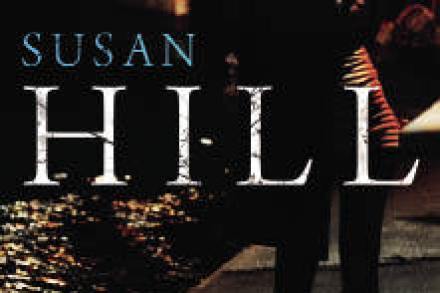Mother issues
The Norwegian, Per Petterson, was not well known until his 2003 novel, Out Stealing Horses, became a surprise international bestseller. It deserved the many prizes it garnered: it is a wonderful book, unsettling and minutely observed. Readers may recall that the closing scene of that novel has the young narrator walking with his mother: ‘We went on like that, arm in arm like a real couple . . . it was like dancing.’ An earlier book, To Siberia, is an imagined account of Petterson’s mother’s young life as a girl in wartime, moving from Danish Jutland to Norway. By contrast, I Curse the River of Time is about the end

















